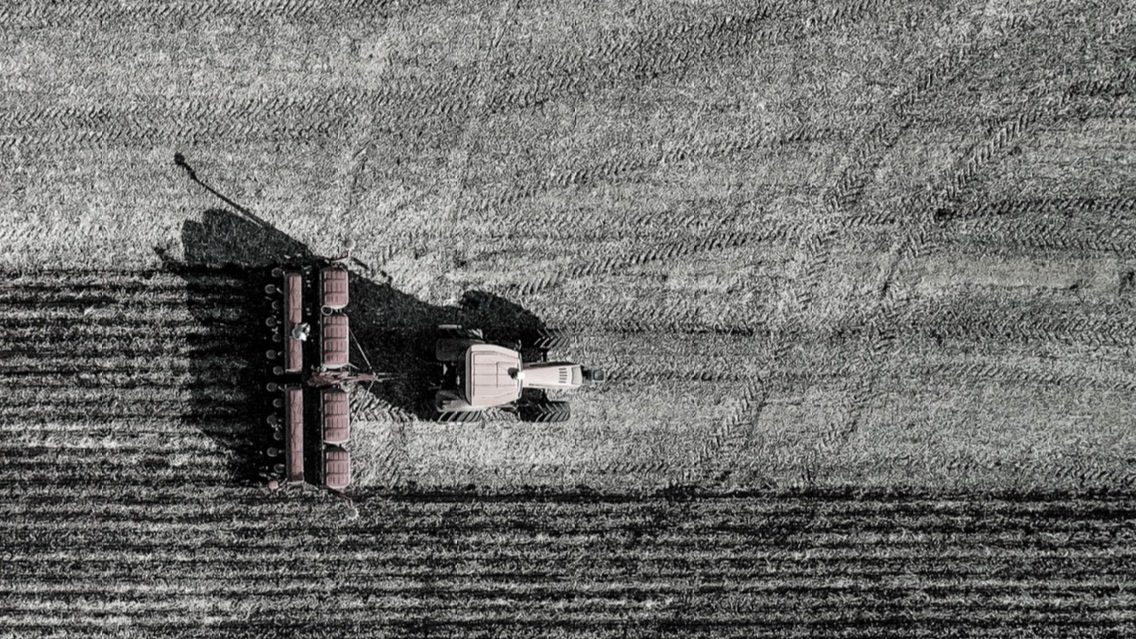To the One Who Not Only Speaks, But Listens
Nov 6, 2016 | Unknown
You and I worship a God who crafted the earth by simply speaking things into being, and planted entire planets in the universe, and sculpted the earth with mountains and valleys, and painted the sky with colors we can only dare to imitate. But I’ve always loved how beautifully David captures the intimacy of God. He wonders:
When I look at your heavens, the work of your fingers, the moon and the stars, which you have set in place, what is man that you are mindful of him, and the son of man that you care for him? (Psalm 8, ESV)
This psalm has always struck me as one of the most beautiful psalms in the Bible. David begins and ends this hymn by marveling at God’s majesty, and he praises God for His power and greatness. But David also realizes the closeness of God. We worship a God who cares so deeply for us that He knew our names before we were even born. His love is so strong that He sent His own son here on earth to die for our sins.
And in caring for us, He also listens. He hears our cries and our voices. He is the Creator of the universe, yet He is our friend. Prayer is simply a conversation with a friend, yet it is before the King of all kings.
How, then, can we find it boring? Trivial? May we find prayer to be humbling and transforming, and anything but boring or trivial. Kneeling before His throne, may we not ramble useless words that have no meaning, but may we prepare ourselves to give Him our hearts, the very inner core of our beings.
Friends, take a moment to sit in silence and think about this. He who spoke the world into being, He who spoke all creatures into life, He who spoke light, darkness, and color… He bows his ear to hear us speak. What an honor, privilege, and blessing that is.



February 24, 2023 | Justin Ferrugia (TD ‘24)
Lent, per its origin, is a time of solitude and fasting. It is meant to mirror Christ’s solitary journey for forty days and forty nights after his baptism. Many Christian traditions including the Catholic Church still require that Ash Wednesday and Good Friday be days of fasting for adults, and many choose to devotionally fast more frequently during Lent and throughout the year. However, in our modern culture, it seems fasting has either become the newest trick to lose weight, or written off as a medieval practice of corporal mortification for the overzealous.